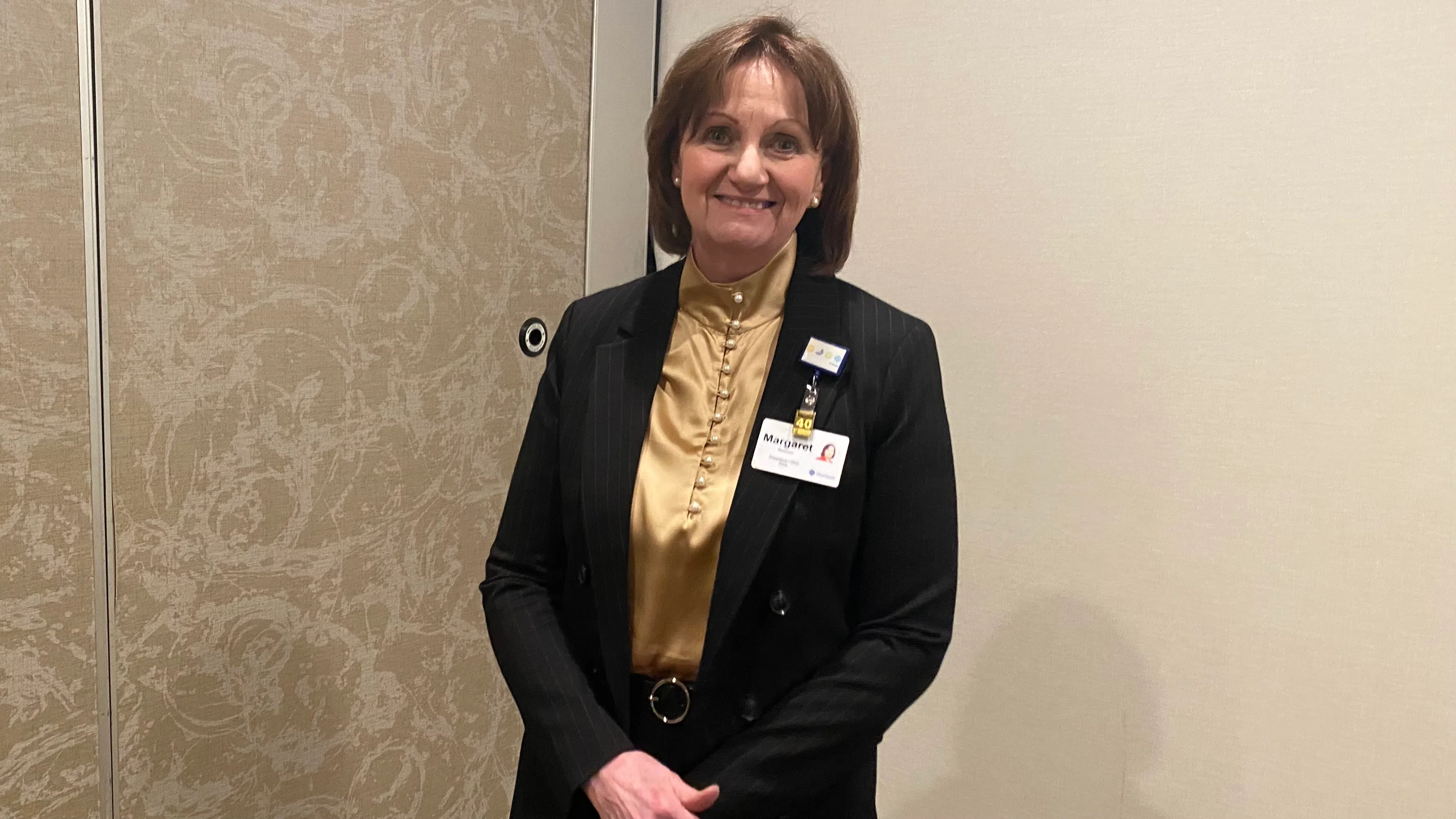Transforming health care through innovation — that is the focus of the Horizon Health Network’s new five-year strategic plan.
The 16-page plan, unveiled on Thursday, includes a number of goals within four priority areas:
- Transformative Community Care
- Excellence in Hospital Care
- Our People at Their Best
- Trusted Partner in Research and Innovation
Margaret Melanson, president and CEO, said one of the key goals is attaching all residents to a family health team in their community.
“In the next year alone, we aim to establish nine new family health teams and match 10,000 patients who currently do not have a primary care provider with a family health team,” Melanson told reporters.
The long-term plan also outlines targets for attracting and retaining staff throughout the health authority.
Over the next year, it aims to hire 579 nurses and 197 physicians, and maintain voluntary turnover at or below eight per cent.
“We are feeling very confident with regard to the numbers we’ve put forward pertaining to nursing recruitment,” said Melanson, noting they nearly hit the target during the last fiscal year, which was similar to the current year’s target.
“Similarly, with regard to physician recruitment, we successfully recruited 172 last fiscal year … and so we feel this number that we’ve set forward as a target for this fiscal year for physician recruitment is also very achievable.”
Melanson also touched on the issue of health-care recruitment, which has been a struggle in provinces across Canada.
The president and CEO said they are currently in an “excellent position,” especially when it comes to nursing staff.
“Vacancies and staffing pressures that once contributed to temporary closures are no longer an issue,” she said.
There are currently just over 60 external vacancies, which Melanson said represents less than two per cent of the close to 5,000 nursing positions they have.
Over the next year, the plan also commits to reducing ER wait times for patients needing urgent care by 20 per cent, increasing the percentage of surgeries completed within one year to 93 per cent and decreasing wait times for non-urgent MRI exams by 60 days.
Melanson was unable to say how much the strategic plan will cost, adding they intend to undertake some of the initiatives within their current budget and apply for additional funding for new initiatives.
“Our intention is to work toward transformation of our health care system. Part of this involves our scheduling, part of this involves how we deal with technology, how we utilize our health professionals to their full scope of practice,” she said.
“There are many opportunities that we see that can be undertaken to help us to achieve these goals that we have set forward.”








